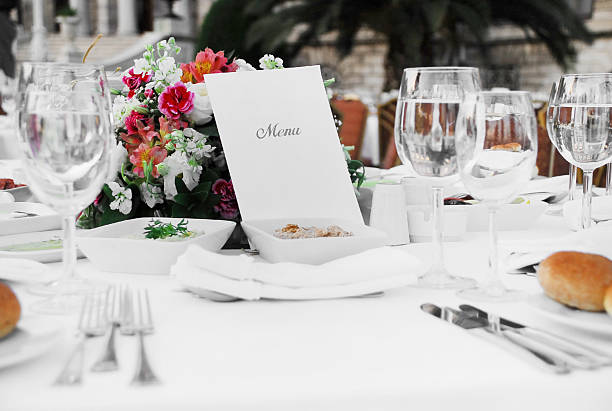Tactics To Keep Staycations Coming
By Larry Mogelonsky | September 1, 2020
The summer of COVID was also the summer of local leisure, with staycations and drive-to market guests dominating most open hotels’ ledgers. As we look ahead to autumn, though, it is becoming increasingly apparent that groups aren’t going to swoop in to provide that added dose of profitability. Therefore, you will need strong programs in place to motivate leisure guests from the still-critical drive-to markets to continue to book with you through the fall months.
As part of this seismic shift in travel behavior, first consider the disruption to L2B timeframes. For the rest of summer, bookings at this point may mostly be last-minute as travelers hold out due to the vacillating news cycle on COVID numbers. Many rural resorts already have high occupancy and simply need a few nights here and there to fill in the gaps.
However, there is a distinct share of the FIT market that is already planning a rubber-tire vacation for some time in fall, representing a lucrative opportunity for hotels that are already planning 90 days out. As a personal example, I needed a six-room rental property for late September that was equidistant from Toronto and Ottawa for relatives to converge from different locations. Unable to find a suitable hotel in the area I wanted, I checked alternate lodging platforms. To my surprise, almost all were already sold out for that period, unlike previous years when there would be tons of stock available.
In other words, customers are booking and already thinking about autumn getaways, and this requires a rethink of how you market your property. To start, you now need to concentrate your marketing efforts at those who can be at your doorstep within three hours. With all your competitors also already pivoting to the same drive-to markets, you need incentives to help those travelers overcome their trepidation while trying to keep a semblance of revenue maximization.
While it’s easy to take 50% off BAR as clickbait, in doing so there is little thought of profitability, and this will also erode rate for next year. Having helped properties with this marketing problem and from being on numerous email distribution lists for both independent and chain properties, I can offer the broad strokes on what makes a hotel’s offer stand out.
Here are five that are worthy of your consideration:
- Bundled F&B. This is a no brainer because it usually works. Package some room service, breakfast in bed, additional snacks or other meal vouchers. You can even run the numbers on being all-inclusive to see if that works.
- Free add-ons. Extras such as complimentary parking, spa (if possible), gift shop, use of other facilities and so on can all help to deliver more value without jeopardizing rate. A few properties are even offering to pay for guests’ gas under the auspices that COVID will keep gas prices at their current lows.
- BOGO rooms. Stay one night and get a night free are always popular. Other places are doing three-for-two promotions. They encourage longer stays and more ancillary income, while with today’s viral safety measures they can also save on room cleaning costs. The key is to motivate midweek stays instead of cramming your weekends.
- Multiple room offers. Ideal for family gatherings or adjoining rooms for kids, you can look to develop a sliding rate scale for bulk buys or by throwing in additional free services with more rooms reserved.
- Prepaid attractions. With irregular hours of operations and limits on attendance, many galleries, museums, theme parks, retail outlets and other sites are unable to draw in apprehensive customers who would rather simply avoid these places than deal with all the hassle. Guests need activities to lure them to visit a certain territory, so partnerships therein can be utilized to promote your hotel, especially if you can guarantee a certain timeslot with no waiting in line.
As a base to all of this, your website should include the appropriate reassurances on housekeeping and preventative health measures. This must be echoed throughout any marketing messaging. Requesting one night’s deposit should not be a deterrent, provided your cancellation policy is clearly stated, typically with a 72-hour notice period. Also remember to zero-base your marketing expenditures. For example, localize your Google Adwords to target specific zip codes. Utilizing your CRM will also allow you to test one-to-one offers.
Now more than later, though, creativity is essential because all your competitors have likely already started planning out their fall packages using some of the above five incentives. To make your offer worth driving for, it has to have an experiential x-factor so that guests see your brand as unique rather than just another hotel in the area they want to visit.





Get involved!
Comments